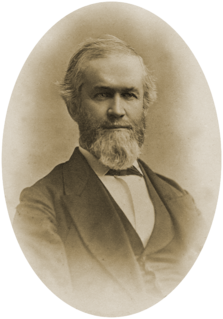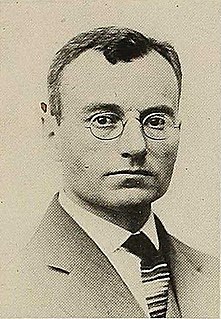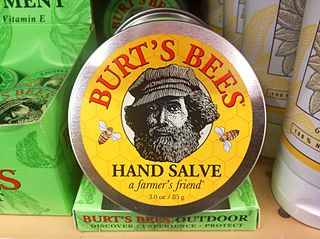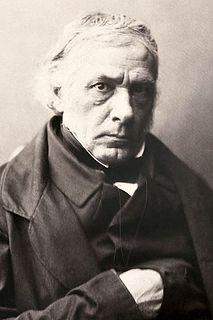A Quote by Jimmy Carter
There was never any question about the morality of hunting, but neither was there any acceptance of killing for the sake of a trophy.
Related Quotes
I've spent so many years talking about lame ducks in the White House and Congress, and it's never occurred to me to find out what the heck it means. It turns out it's an old English hunting term - something about firing at a duck without quite killing it. In any case, the hobbled duck limps on, at a distinct disadvantage.
But, sir, the great cause of complaint now is the slavery question, and the questions growing out of it. If there is any other cause of complaint which has been influential in any quarter, to bring about the crisis which is now upon us; if any State or any people have made the troubles growing out of this question, a pretext for agitation instead of a cause of honest complaint, Virginia can have no sympathy whatever, in any such feeling, in any such policy, in any such attempt. It is the slavery question. Is it not so?
I am determined not to kill, not to let others kill, and not to condone any act of killing in the world, in my thinking, and in my way of life. We cannot support any act of killing; no killing can be justified. But not to kill is not enough ... If in your thinking you allow the killing to go on, you also break this precept. We must be determined not to condone killing, even in our minds.
Killing for pleasure is wrong and should be banned. Fox hunting, stag hunting and hare coursing are moral issues. It is time that we stood up for morality. The commandment Thou shall not kill may be hedged with exceptions.Thou shall not kill for pleasure is not; it is a commandment for the 21st century and it is time that we respected it unambiguously, without prevarication and without procrastination.
where Nietzsche's response to the equation of socialism and morality was to question the value of morality, at least as it had been customarily understood, economists like Mises and Hayek pursued a different path, one Nietzsche would never have dared to take: they made the market the very expression of morality.
This for many people is what is most offensive about hunting—to some, disgusting: that it encourages, or allows, us not only to kill but to take a certain pleasure in killing. It's not as though the rest of us don't countenance the killing of tens of millions of animals every year. Yet for some reason we feel more comfortable with the mechanical killing practiced, out of view and without emotion by industrial agriculture.



































